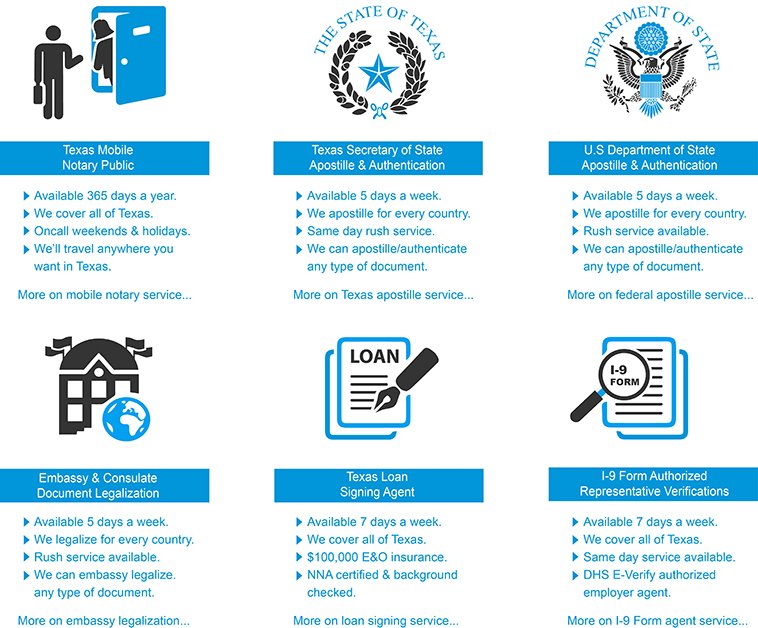Certified Notary Providers: Guaranteeing Lawful Authenticity and Security
Wiki Article
Debunking Notarial Work: Streamlining the Role and Value of Notaries
Their role, often shrouded in secret for lots of, carries considerable weight in guaranteeing the validity and integrity of critical papers. By unraveling the complexities surrounding notarial techniques and dropping light on the importance of their acts, a clearer understanding emerges of the important function notaries play in supporting the textile of legal and contractual contracts.The Background of Notarial Work
The background of notarial work dates back to old human beings, where scribes played a critical role in taping important information and confirming documents. This led to the advancement of notaries, people designated by the state to act as unbiased witnesses in legal matters.
During the Middle Ages, notaries gained prestige in Europe, with their features broadening to include preparing legal records, certifying trademarks, and preserving records. The rise of worldwide trade better stressed the relevance of notarial work in validating contracts and agreements across boundaries.
In the modern age, notaries remain to play a vital function in lawful and business purchases by validating identities, verifying the authenticity of files, and stopping fraudulence. Their role in licensing the validity of arrangements adds a layer of security and depend the ever-evolving landscape of business and legislation.

Duties and Duties of Notaries
Notaries play an essential role in validating the authenticity of records and the identification of signatures. One of their main responsibilities is to witness the signing of essential files, such as deeds, contracts, and wills, to make sure that all events are entering right into agreements intentionally and voluntarily.Additionally, notaries are tasked with carrying out vows and affirmations, which are crucial in lawful procedures and the execution of affidavits. They accredit copies of initial documents, supplying assurance to organizations that the duplicates hold true replicas of the originals. Notaries must preserve precise documents of all deals they supervise to make certain openness and responsibility. Overall, the tasks and responsibilities of notaries are vital in protecting the integrity and validity of various papers and deals.
Notarial Certificates and Signatures
Exemplifying careful focus to detail, notarial certificates and trademarks offer as necessary parts in verifying the authenticity of legal records. Notarial certifications commonly include vital details such as the day of notarization, the names of the notaries, a summary of the record, and the notary's main seal. These certifications offer a clear document of the notarial act, navigate to this website ensuring that the file can be conveniently determined and mapped back to the notary who supervised the process.Trademarks play a pivotal function in notarial job, as they signify the contract and approval why not check here of the parties involved. Notaries thoroughly witness the signing of papers to verify the identification of the signatures and verify that they are signing of their very own free choice. By fastening their official seal and signature to the document, notaries license that the necessary procedures have been complied with and that the document is legitimate and enforceable.
Basically, notarial certifications and signatures are the hallmark of authenticity in lawful deals, offering assurance to all parties involved that the files are legitimate and binding.
Significance of Notarial Acts

Registration Refine Discussed
Explaining the notarization procedure supplies quality on the vital steps involved in verifying legal documents. The registration procedure normally starts with the individual presenting the file to a notary public. The notary after that confirms the endorser's identity through acceptable identification techniques. Once the identity is validated, the notary makes sure that the specific signing the record does so willingly and without any kind of browbeating.
Verdict

Notarial certifications typically include critical details such as the date of registration, the names of the signatories, a description of the record, and the notary's official seal. These certificates supply a clear document of the notarial act, guaranteeing that the file can be easily determined and mapped back to the notary that looked after the process.
By affixing their main seal and signature to the paper, notaries accredit that the required treatments have been adhered to and that the paper is enforceable and valid.
By verifying the identification of the signatories, validating their determination to enter into the arrangement, and certifying the day and location of the signing, notaries play an important duty in maintaining the validity of legal records.After the document is signed, the notary will fasten their official seal or stamp onto the document.
Report this wiki page